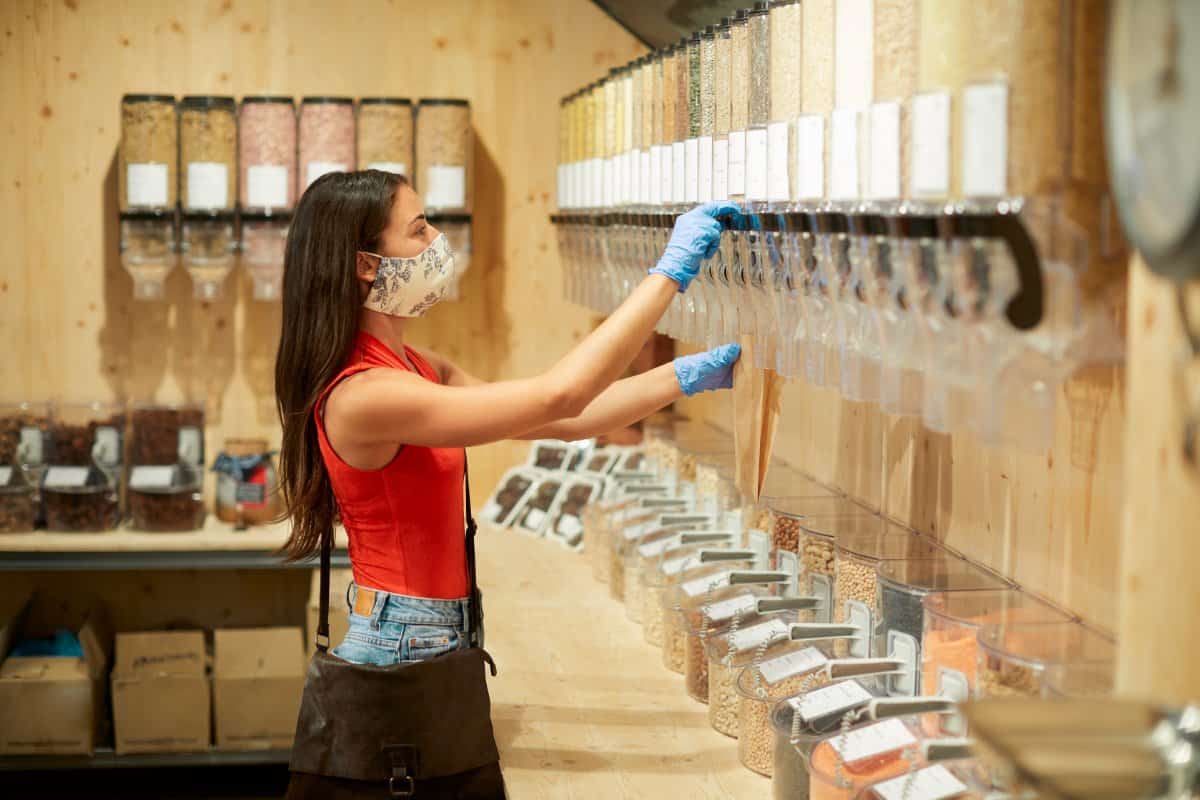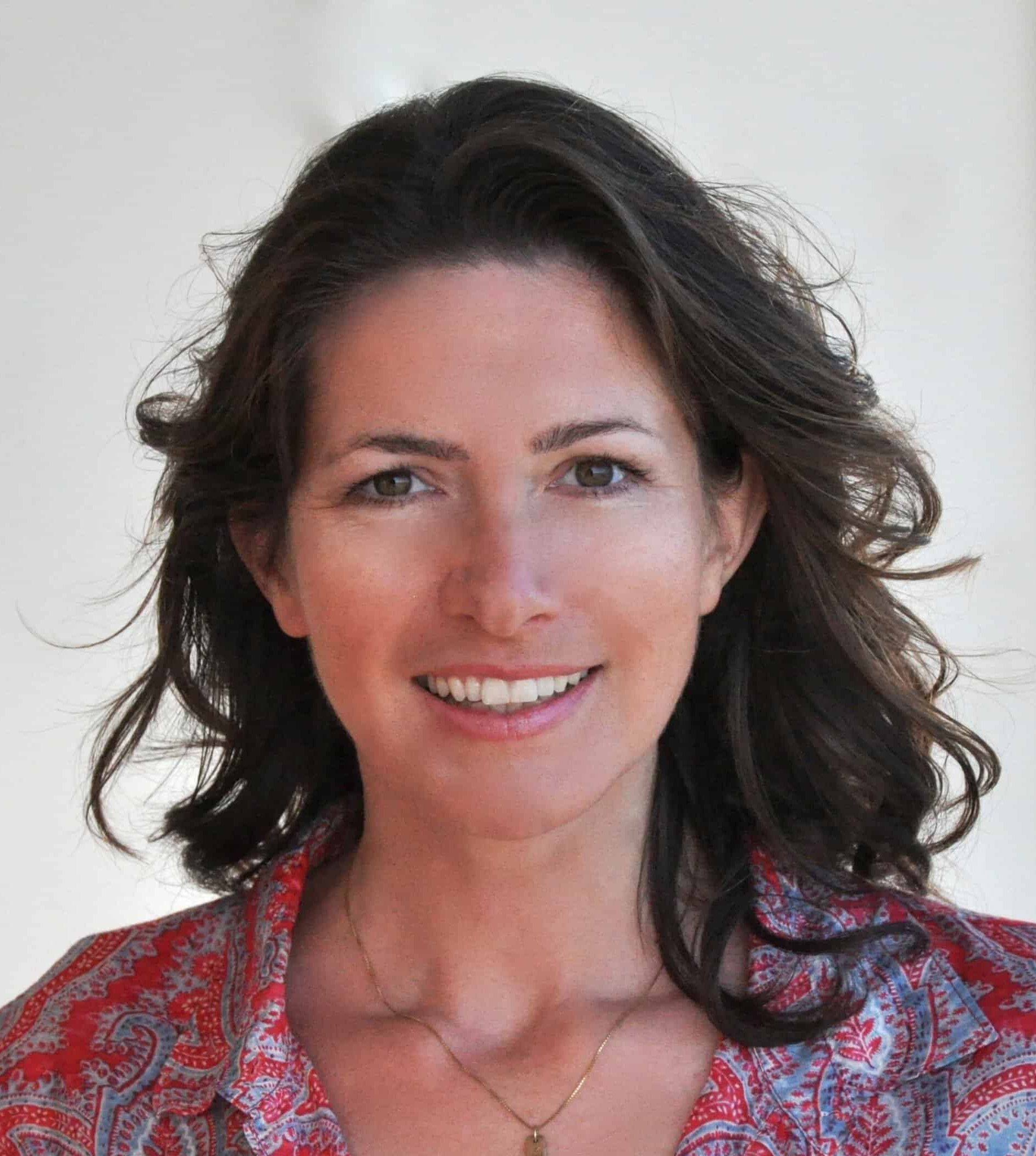Spend an hour at any airport, mall, theme park or sporting event and you’ll find sandwiches double-wrapped in plastic, salads dressed up in styrofoam and the ubiquitous disposable forks and knives.
These items contribute to the 350 million tons of petroleum-based plastic produced worldwide each year, much of which ends up in our oceans, our landfills and our bodies. Viable substitutes have remained elusive — few materials are as easy and cheap to produce. But as the number of cities and countries enacting bans on single-use plastic grows, so does the pressure — and the potential profits — involved in finding a more sustainable alternative.
In Northeastern Germany, workers are putting the finishing touches on a 22,000-square-foot factory that Eduardo Gordillo believes could manufacture this alternative. “We want to make single-use plastic unnecessary worldwide,” says the CEO of the clean-tech startup Bio-Lutions. Starting this month, his factory will begin producing sustainable food packaging made of agricultural waste.
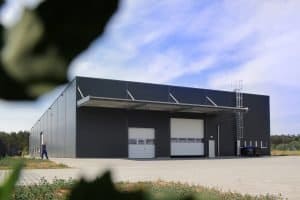
Based in Schwedt, a small city in the historic Uckermark region near the Polish border, Gordillo’s factory will process wheat straw, rape stalks, tomato stems and other fiber-rich ag-waste discarded by local farmers, as well as hemp waste from a nearby hemp fiber factory. “Everything in a radius of less than 100 miles so the transport does not kill our CO2 balance,” Gordillo says. Workers in the new factory will wash and shred the ag-waste, and feed the fibers through shoulder-high steel machines that resemble wood chippers. Through a patented mechanical process that uses no toxic chemicals, the waste is split into self-binding fibers that the workers then mold into various shapes.
Via Zoom, Gordillo shows bowls filled with shreds of wheat and straw, and then the finished products: clay-colored flower pots, plates and trays that feel like stiff cardboard. (To protect his proprietary process, he won’t disclose details about the patent or let journalists visit the new facility without signing a non-disclosure agreement.)
Bio-Lutions has been developing the novel process with Zelfo Technology, a Schwedt-based engineering firm that produces sustainable self-binding fibers. Last year, the companies won the Brandenburg Innovation Award for ingenuity. “We are going to start with containers for fruit, vegetables and meat,” Gordillo says. By autumn, he plans to add disposable cutlery and to-go cup lids to his roster — exactly the kind of products for which companies are scrambling to find plastic-free alternatives. (A caveat: the material wouldn’t be suitable for hot beverages or food because it would disintegrate.)
Getting beyond greenwashing
There are countless instances of greenwashed “biodegradable” and “bioplastic” products that take advantage of the fact that these terms are not clearly defined. What’s more, even true bioplastics have well-documented problems — many require precious resources, chemicals, GMO bacteria, or vast amounts of energy, and often only degrade in the high temperatures of industrial composting facilities.
But Gordillo claims that his products are truly compostable and that his manufacturing process only requires four liters of water per kilogram of finished product, though his claims are impossible to verify until his packaging hits the European market. “You can actually bury them in your yard, and after about four months, they will have disintegrated,” he says. If an animal or even a human were to digest his material, he says, it wouldn’t harm them.
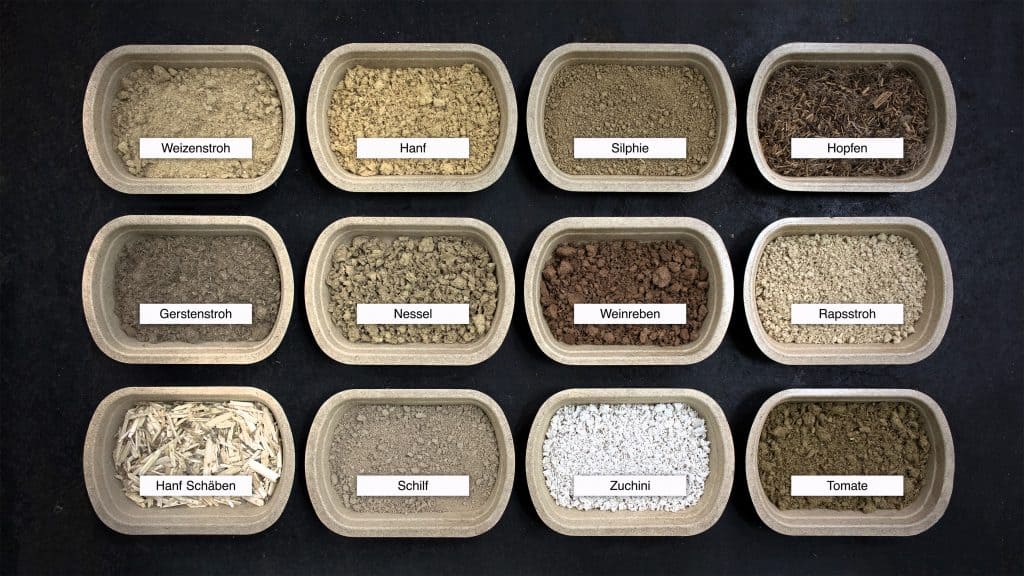
Gordillo’s product is entering the market at a pivotal moment. As cities and countries around the world grapple with at-capacity landfills and stalled recycling systems, laws against single-use plastics are proliferating. Rwanda, Kenya, Taiwan and several Indian states were early adopters of full or partial single-use plastic bans. Now, an array of other cities and countries are poised to join them.
The European Union has pledged to phase out single-use plastics in the coming years, and since July 2021 has banned items such as plastic plates, cutlery, q-tips, drinking straws, balloons and styrofoam cups. In Germany, suppliers are allowed to use up their existing stocks of these items, but are already prohibited from buying or producing more. Canada will implement a ban on a half-dozen common single-use plastic items this year. China banned plastic bags and utensils in major cities in 2020, and major chains are coming into compliance, though mom-and-pop stores lag behind. Even in the US, the world’s largest producer and user of plastics, lawmakers have attempted to enact national single-use plastic bans, but so far with no success.
Crushed by negative news?
Sign up for the Reasons to be Cheerful newsletter.Companies, too, have begun lobbying customers to bring their own reusable containers, though most still offer the option of disposables. The need to find alternatives is urgent — and complex. Which eco-friendly container will keep apples from getting smashed in transport? How do you keep fresh meat from spoiling without plastic?
Bagasse, the fibrous waste product left behind after squeezing sugar cane, wood and bamboo, have emerged as alternatives to plastic, but the products have been criticized by consumer agencies for its often murky origins and resource-intensive processing. For instance, when a German lab tested twelve bamboo cups that were marketed as sustainable, the researchers found synthetic components and toxic chemicals such as formaldehyde. It concluded that the cups were mislabeled and did not qualify as sustainable under the new law.
An emerging market
Gordillo moved from Colombia to Hamburg, Germany, to marry the love of his life. At the start of his career, he designed standup displays for jewelry and cosmetics that were often discarded after one season. The birth of his daughter led him to question his career. “What kind of planet am I leaving her?” he asked himself.
He decided to put his industrial design skills to work for sustainability. In 2017, he built his first production facility for compostable packaging in Bangalore, India, using similar technology as for the new one in Germany. At the time, the South Indian state government had announced a ban on single-use plastics; Gordillo was euphoric about his market prospects and planned to produce up to 20,000 tons of packaging per year. Buying coconut shells and banana stalks from nearby farmers would create a win-win situation, he had hoped, “because this is ag waste they have to discard and now it provides them additional income.”
But his first year exposed the challenges of trying to transform an entrenched system. “The Indian government did not enforce the ban,” he says. “You practically see no difference in India; there is plastic trash everywhere.” Then the pandemic emerged, and with it, a rapid increase in single-use plastics worldwide.
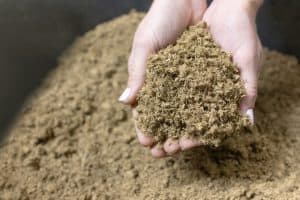
He has reason to believe that Germany will learn from these lapses because the ban has already taken effect there. “The European Union will enforce the new laws!” he says with conviction. “The big chains are urgently looking for alternative packaging.” He aims to produce 3,000 tons of compostable packaging this year, and sell it to food delivery services, food producers and supermarkets. Companies such as Delivery Hero and several food packaging outfits have already invested in his German facility.
Another reason his product did not gain a bigger market share in India is the price: His material is slightly more expensive than plastic, and this will hold true at the new factory, too. “In Europe, a plastic container for vegetables costs about five cents; ours is about six or seven cents.” This makes policy all the more important – for products like Gordillo’s to succeed, single-use plastics must be phased out.
This is the story of an ecological innovation that bears the marks of a true solution: a compostable, upcycled product that is locally sourced and produced with minimal resources. And yet, it is also a lesson about the challenges posed by a bigger problem: As long as the world chooses the cheapest solution, plastic wins. Even though it costs us more in the long run.
This February, nations will come together at the UN Environment Assembly in Nairobi to discuss a global treaty for plastics. Recognizing that the issue has become as urgent and widespread as the climate crisis, the United Nations will seek to reach an international agreement to limit, for the first time, plastic production worldwide, similar to the Paris Climate Agreement. Joe Biden has signaled his support and seems to see a window of opportunity to tackle the issue. “Our goal is to create a tool that we can use to protect our oceans and all of the life that they sustain from growing global harms of plastic pollution,” Secretary of State Antony Blinken said in Nairobi in November. “It’s crucial that the agreement call on countries to develop and enforce strong national action plans to address this problem at its source.”






